Great Foods To Fuel Exercise & Give Your Immune System A PowerFul One-Two Punch
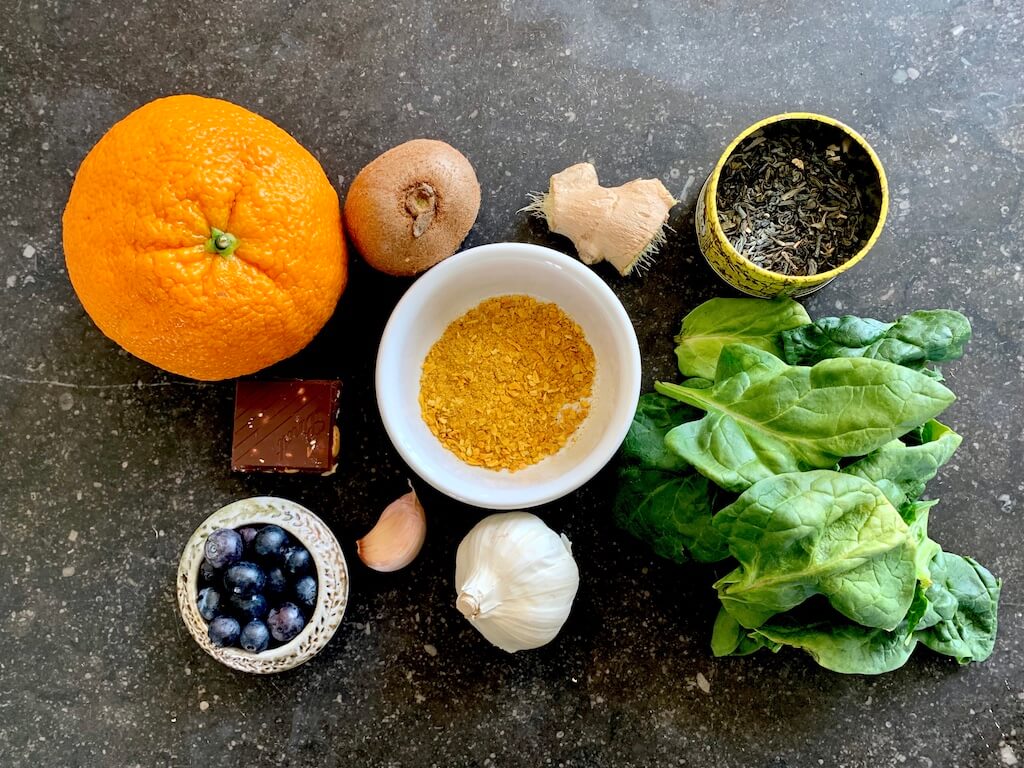
Commentary and science (various authors)
The importance of a strong immune system has been highlighted by the coronavirus pandemic. Athletes and coaches have long known the value of building a body with the right fuel and exercise to pack a powerful performance punch & keep illness at bay. Here are 15 foods to go alongside your regular exercise regime that can help boost your immune system.
Among helpful references are links to expert studies at the British Medical Journal and others housed at the US National Library of Medicine and the National Institutes of Health and an explanation from viral immunologist Zania Stamataki on what happens in the body when a pathogen comes to test it.
I was about 8 years old when I heard my father chatting to Forbes Carlile at Crystal Palace in London about things I’d never heard of. Forbes was advocating the use of Vitamin E for strengthening the immune system and reducing the risks of swimmers being out of training. He’d been an advocate since the 1950s, from the early days of it being discovered in mice that a deficiency of vitamin E reduced endurance.
The role of natural food, drink and supplementation in human wellbeing has become a life-enhancer and a multi-billion-dollar industry in the intervening years. What Forbes had to say at a time when the world was just getting to hear about a shooting star called Shane Gould is as relevant today as it was then.
Organs, the brain at the controls, specialist cells, tissues, and proteins make up the immune system and form a fighting force to combat pathogens, such as viruses and bacteria that cause infection or disease.
Sir Peter Medawar (1915 – 1987), a British biologist, writer and a man known as ” the father of transplantation” whose works on graft rejection and the discovery of acquired immune tolerance were fundamental to the medical practice of tissue and organ transplants, once epitomised a virus as “a piece of bad news wrapped in protein.”
When the immune system’s army comes into contact with a pathogen, war is declared.
Cutting a longer story short, the immune system releases antibodies, which attach to antigens on the pathogens and kill them. Which is just as well: a paper arrived today from local health authorities with confirmation that time off work (not really taken) was granted for the time it will take to recover from a coronavirus infection. I coped with it reasonably well, fatigue the lasting, most noticeable effect, as noted by Cameron van der Burgh.
Incorporating specific foods into the diet can help to strengthen immune response. While the best remedy for the current COVID-19 health crisis – and a virus for which there is no treatment – is social-distancing and staying home, a well-balanced diet is a life-long habit that can help to build a strong immune system built to wage war on pathogens and infection.
Swimming – though there’s not much of that about right now – is among sports recommended among forms of exercise suitable for all ages: it works the whole body, exercise can be set at a level appropriate to each person and it takes place in supportive element that can help to reduce the risk of injury and promote well-being.
In The British Journal of Sports Medicine , a paper on “The immune system in sport: getting the balance right” is a helpful review of literature that notes:
“The need for an active immune system is self evident if an athlete is to continuously produce peak performances, but often intense exertion and treatment for inflammation lead to partially reduced immune capacity and consequently potential infection or disease. To circumvent such problems, it is of major importance to understand how to achieve the optimum balance of the immune system.”
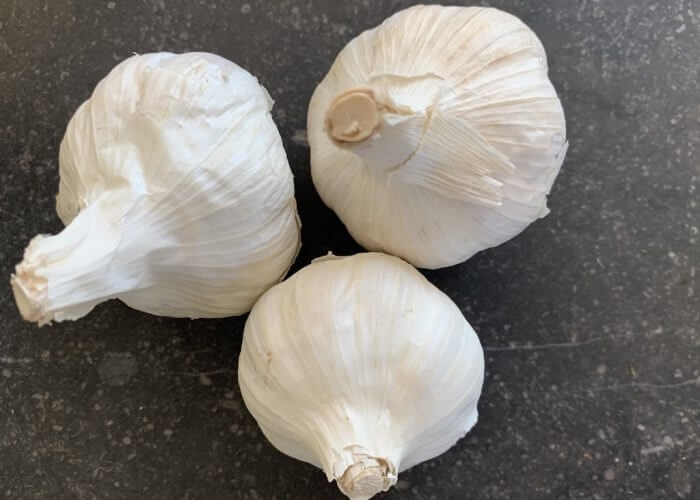
Immune-booster garlic – Photo Courtesy: Craig Lord
The review notes that “there are variations and, in some cases, conflicts in the results published”. Immune responses are affected by factors such as age, sex, biological rhythms, and lifestyle. Say the authors:
“In general, the literature suggests that acute exercise—for example, marathon and ultramarathon running—results in an associated reduction in aspects of immune competence so that such athletes may be at increased risk of illness and need to pay particular attention to their nutritional state, hygiene, and exposure to infections.
It has been suggested that exercise induced reductions in particular lymphocyte subsets in runners is more dependent on training intensity than volume and is transient.
Other researchers consider that immunosuppression caused by stress as a result of acute exercise is not due to reallocation of scarce metabolic components but may represent a mechanism to reduce the potential of an autoimmune response.”
The paper, useful for sports scientists and the coaches they work with, notes that “for inadequately fit people, or those unwell or under medication, undertaking very strenuous exercise could be deleterious.
In summary, it concludes: “Clearly the exploitation of exercise as a treatment modality is deserving of further study, and, for the athlete, the rapidly developing molecular and cellular laboratory research approaches may lead to exciting insights into how the ideal balance of the immune system may be achieved and exploited to maximise performance and health.”
Meanwhile, some foods are know to be especially helpful in boosting the immune system. Here are some of the best.
15 of the Best Foods For Boosting The Immune System
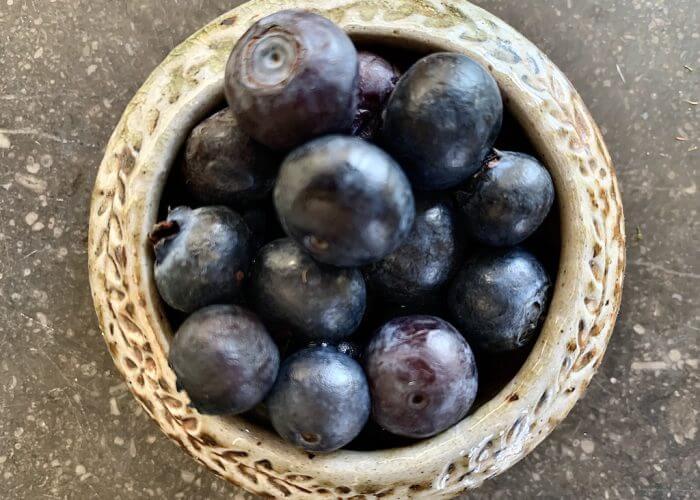
Photo Courtesy: Craig Lord
1. Blueberries
Blueberries have antioxidant properties that stem from a type of flavonoid called anthocyanin, which can help boost the immune system. A 2016 study noted that flavonoids play an essential role in the respiratory tract’s immune defence system.
Researchers found that people who ate foods rich in flavonoids were less likely to get an upper respiratory tract infection, or common cold, than those who did not.
2. Oily fish
Salmon, tuna, pilchards, and other oily fish are a rich source of omega-3 fatty acids.
According to a 2014 report, long-term intake of omega-3 fatty acids may reduce the risk of rheumatoid arthritis (RA), which is a chronic autoimmune condition that occurs when the immune system mistakenly attacks a healthy part of the body. A similar over-reaction of the immune system has contributed to the deaths of thousands of those who have died as a result of COVID-19.
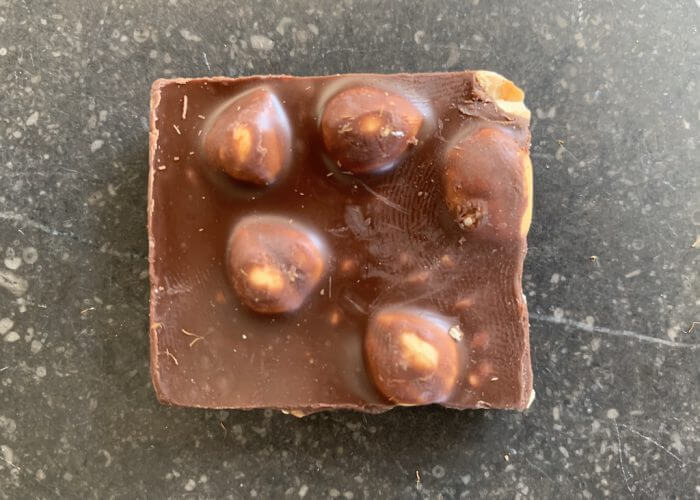
Photo Courtesy: Craig Lord
3. Dark chocolate
Dark chocolate contains an antioxidant called theobromine, which which is believed boosts the immune system by protecting the body’s cells from free radicals.
Free radicals are molecules that the body produces when it breaks down food or comes into contact with pollutants. Free radicals can damage the body’s cells and may contribute to disease.
Despite its potential benefits, dark chocolate is high in calories and saturated fat and as such should be added to any diet or pursuit of pleasure in moderation.
4. Broccoli
Broccoli is a source of vitamin C. It also contains potent antioxidants, such as sulforaphane, which make it a great choice to have as a regular on your list of vegetables in your diet.
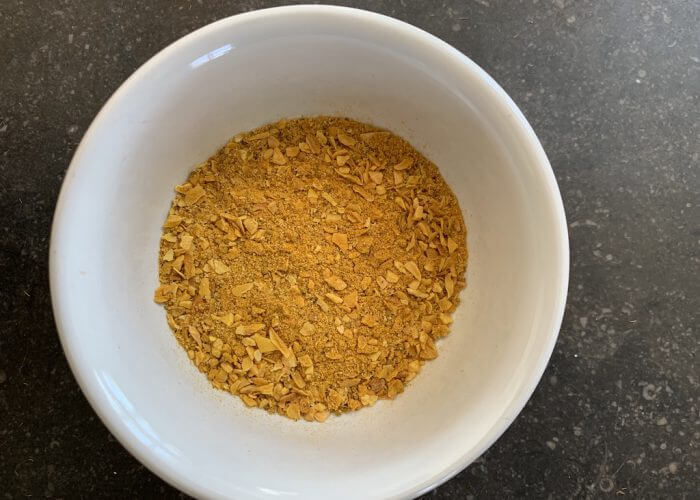
Immune booster spice of life – Photo Courtesy: Craig Lord
5. Turmeric (Curcumin)
Turmeric, in food or as an ingredient in alternative medicines, is believed to be an immune-system booster. One of the compounds of turmeric is curcumin.
According to a 2017 review, curcumin has antioxidant and anti-inflammatory effects.
6. Sweet potatoes
Sweet potatoes are rich in beta carotene, a type of antioxidant that gives the skin of the potatoes its orange colour.
Beta carotene is a source of vitamin A, which helps to make skin healthy. There is evidence to suggest that Beta carotene provides some protection against skin damage from ultraviolet (UV) rays.

Immune-booster garlic – Photo Courtesy: Craig Lord
7. Garlic
Garlic, raw, in cooking or in tablet form as a dietary supplement, may help to prevent colds, research has found.
A common home remedy for the prevention of colds and infections, garlic was the subject of a review that looked at whether taking garlic supplements containing allicin reduced the risk of getting a cold.
Medical news reported: “The group of participants taking a placebo had more than double the number of colds between them than those taking the garlic supplements. However, the researchers concluded that more research is necessary to determine whether or not garlic can help to prevent colds.”
8. Sunflower seeds
Sunflower seeds, often eaten in muesli and other breakfast cereals, are a rich source of vitamin E, an antioxidant.
In the same way as other antioxidants, vitamin E improves immune function. It fights off free radicals, which can cause damage to cells.
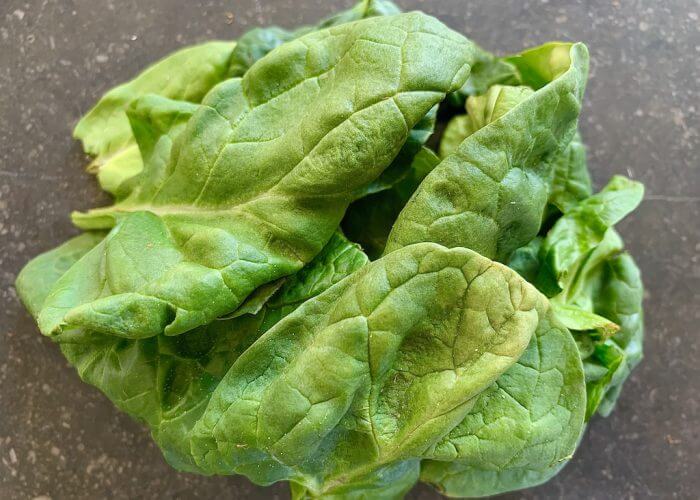
9. Spinach
Spinach may boost the immune system, as it contains many essential nutrients and antioxidants, including: flavonoids, carotenoids, vitamins C and E.
Research also indicates that flavonoids may help to prevent the common cold in otherwise healthy people.
10. Red bell pepper
Sugars that occur naturally in fruit can be unhealthy for some. Red bell peppers make a fine alternative source of natural vitamin C.
Stir-frying and roasting both preserve the nutrient content of red bell peppers better than steaming or boiling, according to a study on cooking methods.
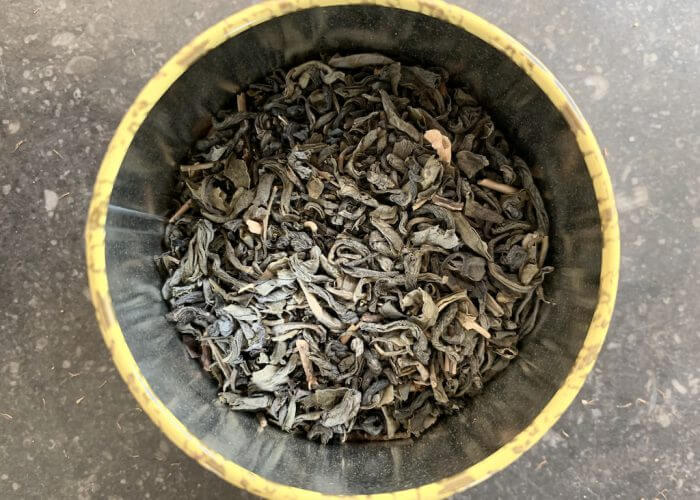
13. Green Tea
Green tea contains only a small amount of caffeine, so people can enjoy it as an alternative to black tea or coffee.
Drinking it may also strengthen the immune system
As with blueberries, green tea contains flavonoids, which may reduce the risk of a cold.
12. Ginger
Ginger is used in cooking, teas and other drinks, including alcohol, puddings and dietary supplements.
According to a review, ginger has anti-inflammatory and antioxidative properties and is believed to offer health benefits. The jury is out on whether it actually prevents illness, as some claim. In my experience, it helps enormously at times of infection and colds.
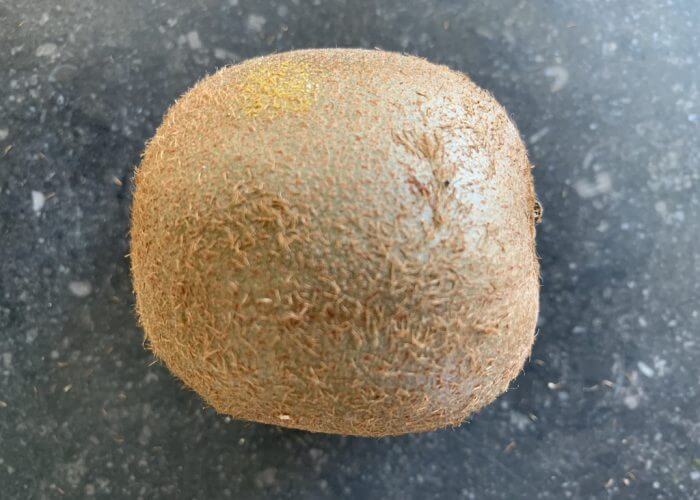
14. Oranges or kiwifruit (kiwis)
Oranges and kiwis are an excellent source of vitamin C, the vitamin that many people turn to when they feel a cold developing, often too late to make any or much difference, some studies indicate.
While scientists are still not sure exactly how it helps, vitamin C may reduce the duration of common cold symptoms and improve the function of the human immune system. Overuse of vitamin C, as with many other things, can be harmful.
11. Kefir
Kefir is a fermented drink that contains live cultures of bacteria. These can be beneficial to health.
According to a 2017 review, studies have shown that regular consumption of kefir can help with: fighting bacteria; reducing inflammation; and increasing antioxidant activity;.
Further research is needed to determine how kefir may prevent disease in humans.
15. Almonds
Almonds, which can be eaten whole or can be added to various dishes and foods, from cereals to cakes, as well as “student power-pack” snacks are another excellent source of vitamin E.
They also contain manganese and magnesium and are a source of fiber.
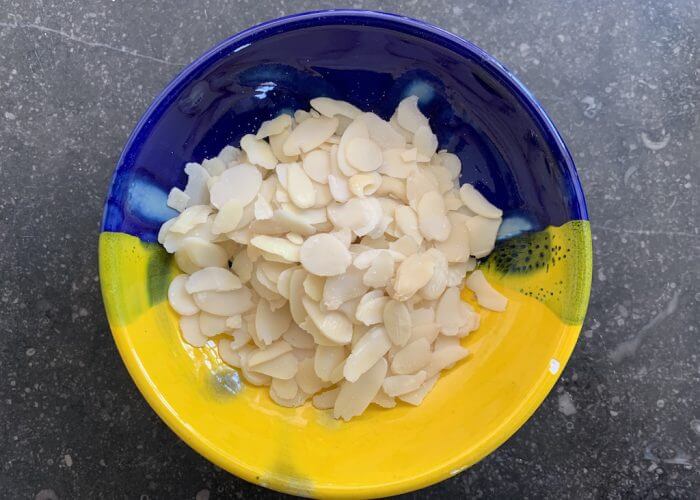
Immune-booster almonds – Photo Courtesy: Craig Lord
The foods above are a part of what can help you maintain a healthy immune system but the body is complex and eating a healthy, balanced diet is just one way to boost your immunity.
Here are some of the other lifestyle factors to be aware of:
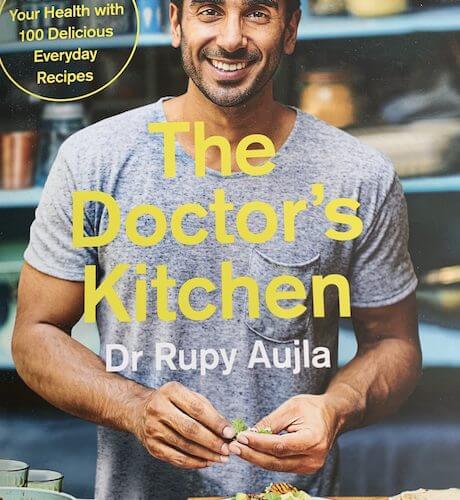
Other ways to help your immune system
- Wash your hands properly, with warm water and soap for at least 20 seconds
- Try to make a habit of NOT touching your face with your hands
- Avoiding smoking
- Exercise regularly
- Maintain a healthy weight
- Avoid alcohol or drink in moderation
- Get enough sleep
- Keep stress levels low
- See food as medicine, as described in “The Doctor’s Kitchen” and other similar works
All commentaries are the opinion of the authors and do not necessarily reflect the views of Swimming World Magazine, the International Swimming Hall of Fame, nor its staff.




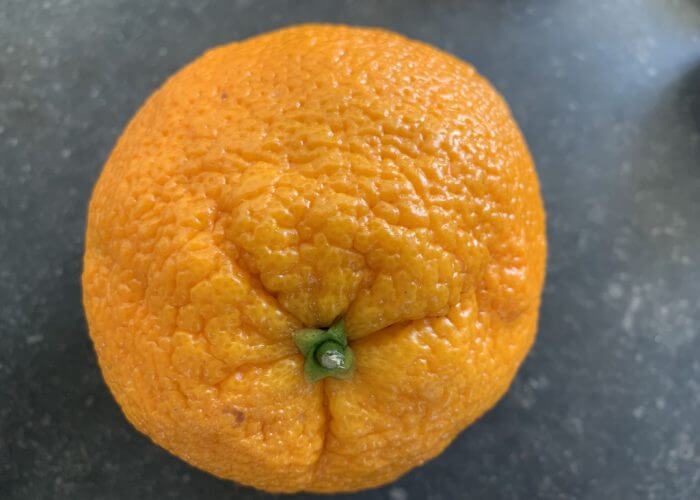
Great reminders!